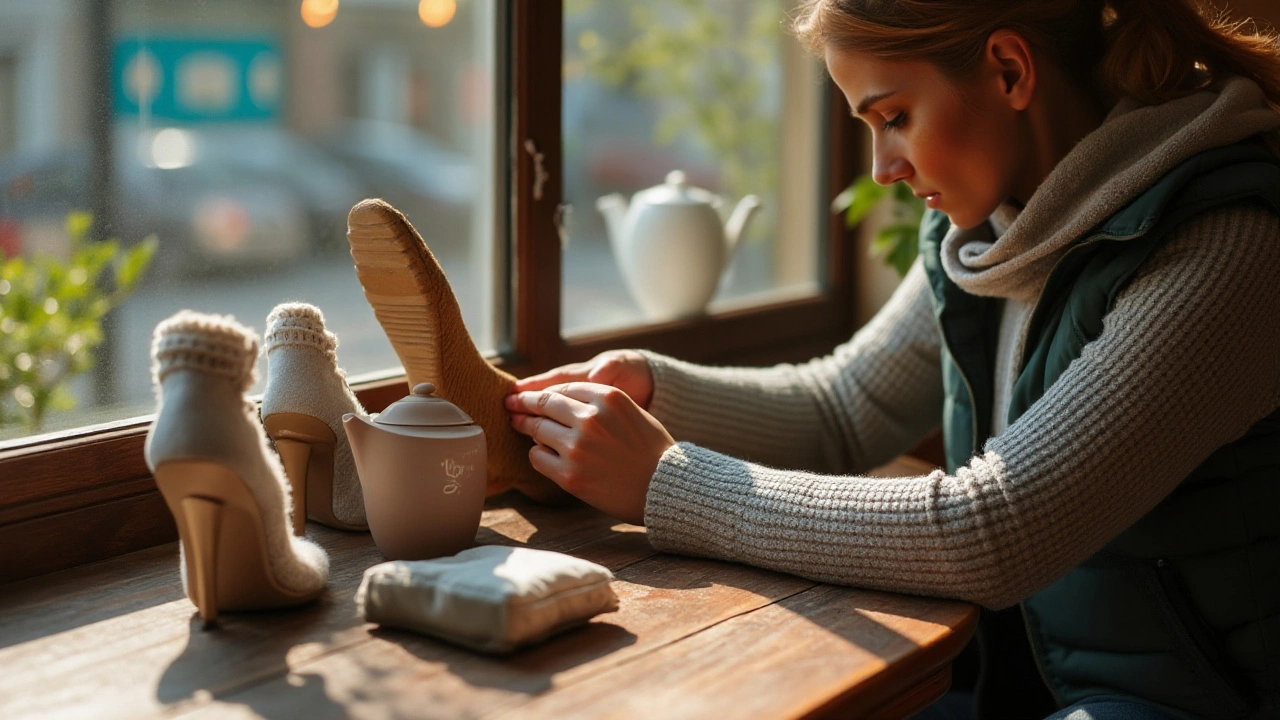Skin Health: Simple Everyday Steps That Actually Help
Want better skin without wasting money on trends? Skin health starts with a few basic habits you can use right away. These tips focus on real results—less redness, fewer breakouts, and a stronger skin barrier—without confusing jargon.
Daily skin habits that work
Start with sunscreen. A broad-spectrum SPF 30 or higher every morning shields against sun damage and prevents early aging. Apply it last in your morning routine and reapply every two hours if you’re outside. Next, keep cleansing simple: a gentle cleanser morning and night removes dirt and oil without stripping natural oils. Harsh soaps can dry your skin and trigger oil production, which causes breakouts.
Moisturize even if you have oily skin. Lightweight, non-comedogenic moisturizers keep the skin barrier healthy and reduce sensitivity. Pick products with ceramides or hyaluronic acid for hydration without grease. If your skin flakes or feels tight, switch to a richer moisturizer at night.
Limit active ingredients to one or two at a time. Using retinoids, vitamin C, and strong acids together often causes irritation. Start one product, use it for a few weeks, then add another. That way you’ll spot which product helps and which one causes problems.
Address common issues with practical choices
Redness can be sunburn, rosacea, or irritation. If redness fades in a few days and you were sun-exposed, treat like sunburn: cool compresses and SPF. If it’s recurring, avoid hot showers, spicy food, and alcohol, and see a dermatologist for rosacea treatments. Breakouts? Look at ingredients—not just labels. Products with salicylic acid, benzoyl peroxide, or topical retinoids work, but start slowly to avoid flaking.
Tretinoin is one of the most effective topical treatments for acne and aging, but it usually requires a prescription. If you’re considering tretinoin, get guidance from a clinician and buy from a legitimate source. Buying the wrong concentration or a fake product can cause real damage.
Diet and sleep matter more than people admit. Aim for consistent sleep, drink water, and cut down on sugary snacks if you notice more breakouts after sweets. Exercise helps circulation, but always wash your face after sweating to avoid pore-clogging buildup.
When should you get professional help? If you have sudden, spreading rash, painful cysts, persistent redness, or any lesion that changes size or color, see a dermatologist. Chronic issues like eczema, severe acne, or suspected rosacea often need prescription treatments and a tailored plan.
Small, steady changes beat dramatic overhauls. Pick one habit—sunscreen, a gentle cleanser, or consistent moisturizing—and stick with it for a month. If you don’t see improvement, adjust or ask a professional. Healthy skin is built one day at a time, not in one weekend.
Effective Tips for Managing Athlete's Foot During Travel
Travel can amplify the challenges of dealing with athlete's foot, especially when your feet are confined in shoes for long hours. This article provides practical advice for keeping your feet healthy while on the move, including choosing the right footwear, maintaining hygiene, and packing essential items. Find out how to prevent and manage athlete's foot symptoms while exploring the world. By being prepared, you can enjoy your trips without the discomfort of this common skin condition.
Keep Reading
